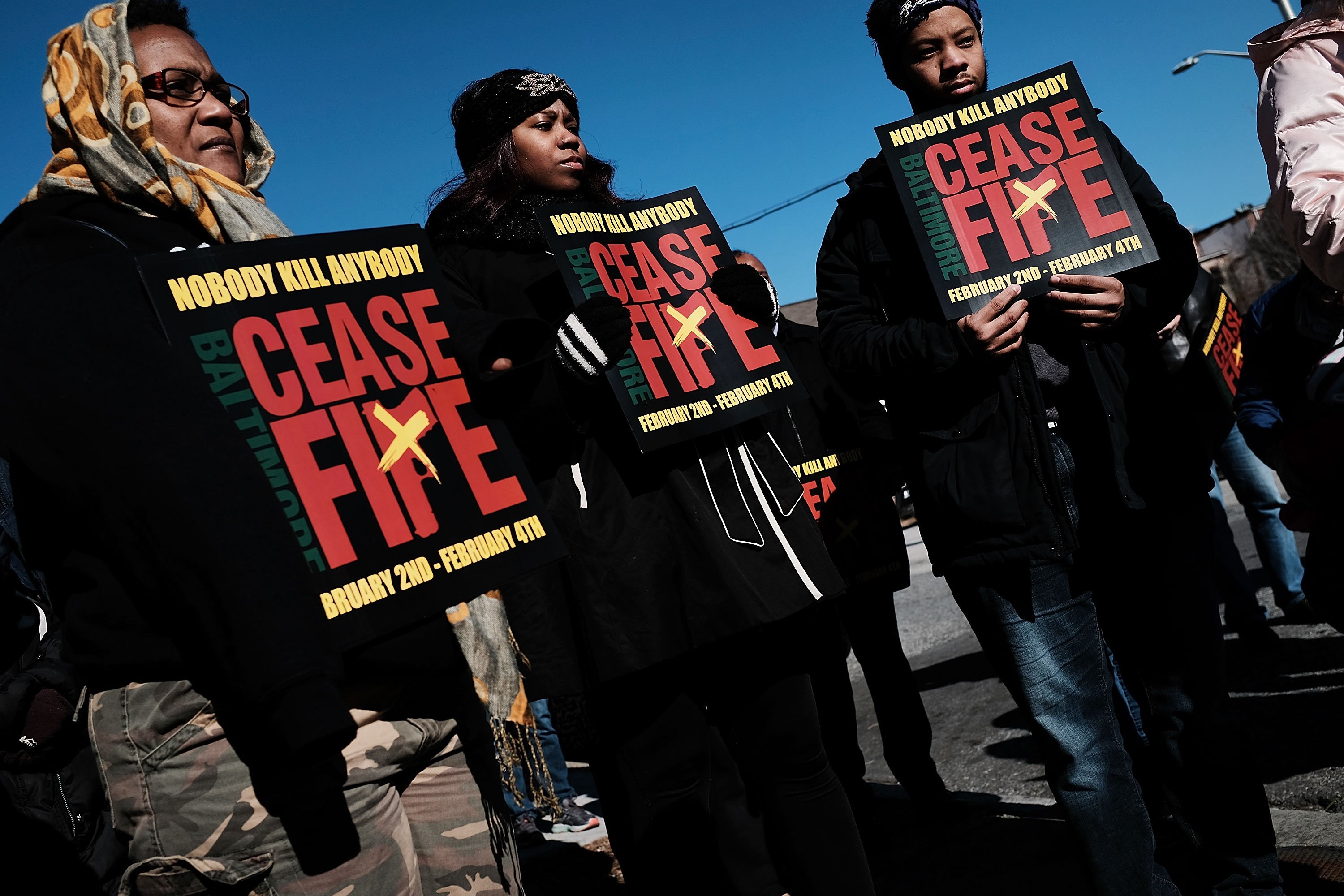President Trump’s predictable response to the domestic abuse accusations against Rob Porter and David Sorensen — a tweet that read in part, “is there no such thing any longer as Due Process?” — shows his fundamental misunderstanding of this vital element of our legal system. And his tone-deaf refusal to acknowledge the victims of the alleged abuse all but confirms that his defense, at its core, is not of Porter or Sorensen at all, but rather of himself.
President Trump is wrong. People’s lives are not being “shattered and destroyed” by a “mere allegation” as he would have us believe.
It is true, however, that we are at a cultural inflection point in which we are choosing to believe the victims more than ever. Yet as a criminal defense attorney, I see firsthand how due process occupies a prominent — if not central – place in our justice system every day. And I can attest to the fact that the accused’s due process rights are alive and well in our justice system. They are thriving, in fact.
In this aftermath of #MeToo, it is critically important to make the distinction between courts of law and courts of public opinion. Trump’s conflation of the two by way of a disingenuous appeal to “Due Process” is a commonly used, but ultimately dangerous argument, because it damages our collective understanding of the issues, both legal and otherwise.
Due process, as set forth in the Fifth and 14th Amendments to the United States Constitution, affords citizens legal procedural safeguards against governmental deprivation of “life, liberty, or property.” That’s it. It applies to government action, not the news media, or (in the case of say, Roy Moore) to political races or social media.
The obvious point here is that Rob Porter isn’t going to jail and he certainly hasn’t been sentenced to death; the man lost his job at the White House and he’s likely got a lot of explaining to do to his girlfriend, Hope Hicks, but that’s about the extent of his deprivations. And President Trump’s tweet does more harm than good by implying that “Due Process” entitles people to keep their jobs or avoid being ostracized. That’s just not the case.
If Trump is truly concerned about the erosion of due process, he need look no further than the case of Bill Cosby. The disgraced comic is the veritable poster child for due process. As I told HLN’s Erica Hill during Cosby’s June 2017 criminal trial for the aggravated indecent assault of Andrea Constand, the case was an easy one for an acquittal, precisely because the due process safeguards embedded in the law were on Cosby’s side. Prosecutors were hamstrung in large part because of evidence they were not allowed to introduce, like testimony from other women who accused Cosby of similar acts of sexual assault. Prosecutors sought to introduce testimony from 13 such witnesses, but the judge only allowed one to testify.
And of the over 50 women who have publicly accused Cosby of sexual assault, Constand was the only one whose case was eligible for prosecution based on statutes of limitations — another example of due process at work in our legal system. The reason we have statutes of limitations in the first place is because the further back an alleged crime occurred, the more inherently unreliable evidence and witnesses become. A statute of limitation is a policy consideration based on due process and it protects the accused, not the victim.
Ultimately, jurors could not come to a unanimous verdict on the three counts of aggravated indecent assault with which prosecutors charged Cosby, and the judge declared a mistrial. Prosecutors will get another shot at a conviction of Bill Cosby at his retrial in April but rest assured, he will not be deprived of his due process rights this time around, just as he was not last time.
Some of due process’s other greatest hits include Harvey Weinstein, Roy Moore, James Levine, and Woody Allen, all of whom have been accused of criminal sexual misconduct, but evaded prosecution or conviction based on policies and procedures that were shaped by due process concerns. In the case of Woody Allen, he was never criminally prosecuted for allegedly molesting Dylan Farrow despite the district attorney’s noting that there was “probable cause” to do so; true, Allen will never get to work with Natalie Portman again, but that’s hardly a deprivation of liberty against which our founding fathers sought to protect all Americans.
Supporting due process in our legal system does not mean that we have to give Rob Porter — or even President Trump, for that matter — the benefit of the doubt in the public sphere or the news media. Whether the #MeToo movement will infiltrate the justice system in less obvious ways is a more interesting question. The movement toward extending statutes of limitations will likely implicate actual due process concerns. And we will see if the #MeToo movement has so fundamentally changed our collective conscience that the second Cosby jury will convict him based on the same set of evidence, now viewed through a different lens.
And let’s not forget: To date, there has been no legal mechanism through which to hold President Trump accountable for the allegations of sexual misconduct against him, bolstered by an on-tape admission to engaging in what amounts to sexual assault. He’s got “Due Process” to thank for that.



